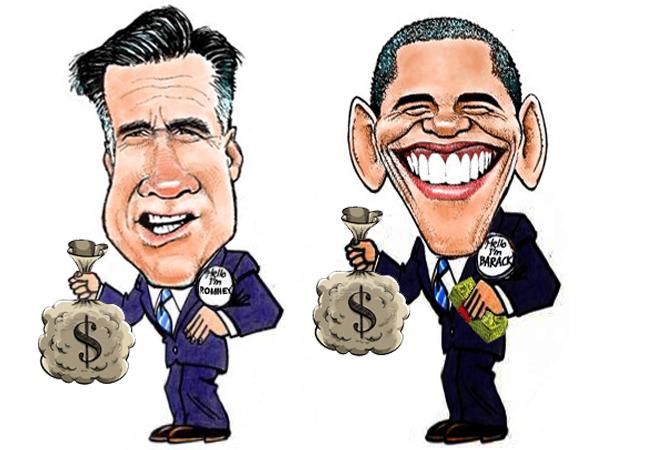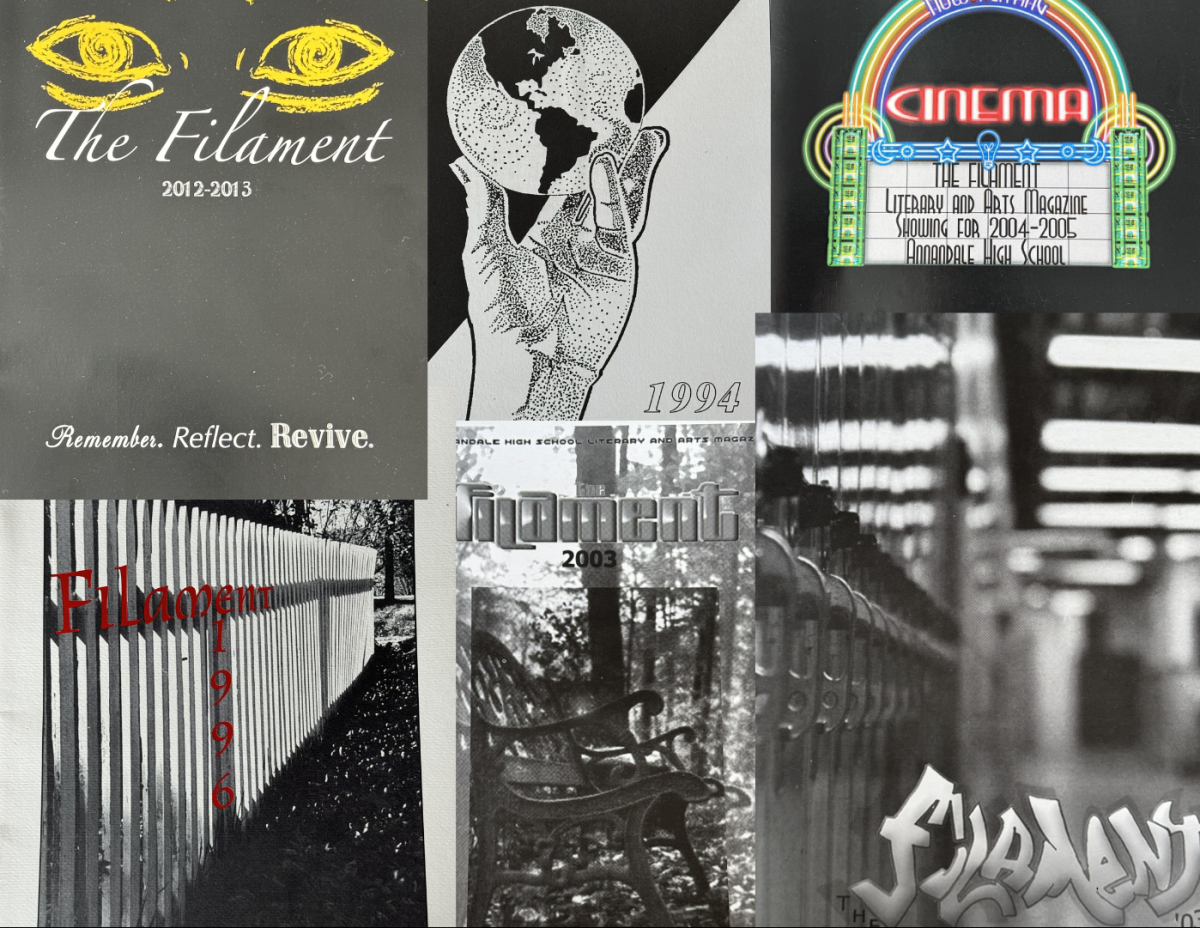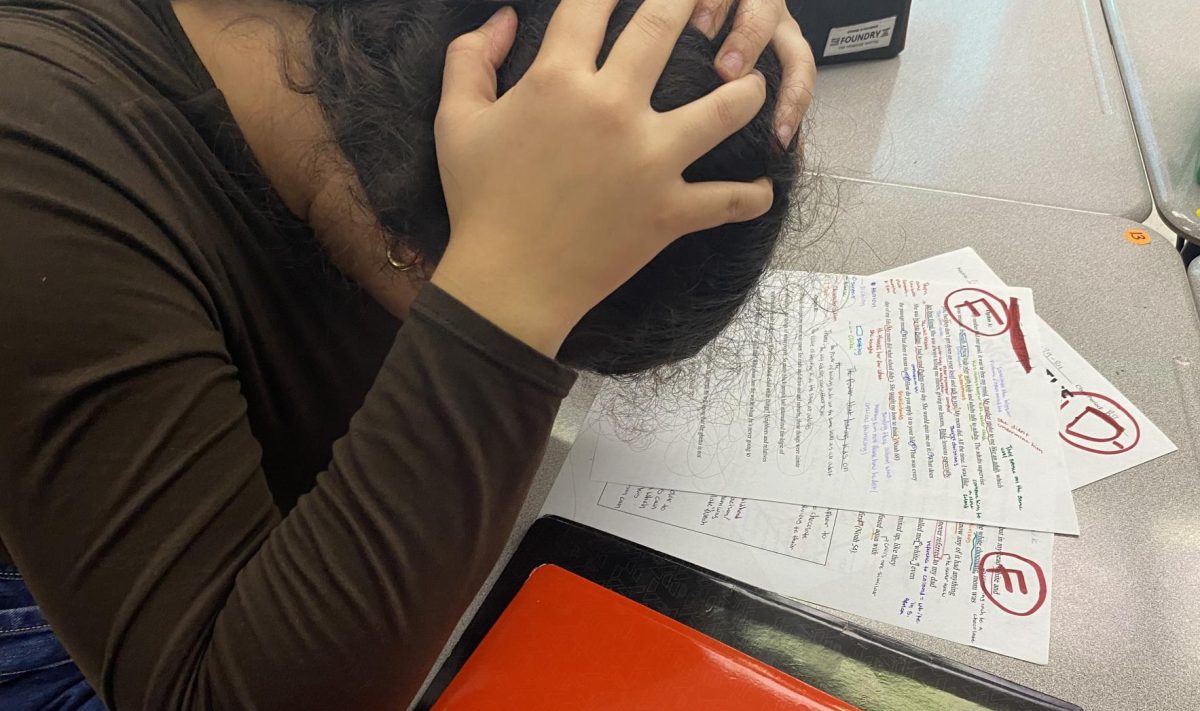As an AHS student, you are probably aware of the unique situation in which you have been placed. Not only do you contribute to one of the most culturally diverse high schools in the country, but you also are a part of one of the most economically diverse. While it is evident that AHS and FCPS, at-large, respect the existence of such a demographic, the American political process does not.
This is because, for all of you, it will be likely that any interest you might have in serving this country in an elected office will be pulverized by the sheer amount of money you will have to contribute to a campaign.
More money has been used to fund advertisements and influence voters than ever before. The Washington Post reports that in the presidential election alone, almost $1.5 billion has been pumped into this election season.
This ridiculously high amount of money spent is largely the result of Citizens United v. Federal Election Commission (2010), a U.S. Supreme Court Case that permitted corporations and other independent donors to contribute large sums of money to independent political action committees (or PACs). The resulting new PACs, or “super PACs,” cannot communicate directly with political campaigns, but can use the money as they wish in elections all around the nation.
Since 1886, in which the Supreme Court first applied the 14th Amendment to corporations, the First Amendment has been expanded to protect the collective rights of companies and large groups of individuals. It was on this premise that the Supreme Court decided the Citizens United case, claiming that the Bipartisan Campaign Reform Act of 2002 (BCRA) violated the First Amendment. Effectively, the BCRA prohibited any entities not associated with official political campaigns from advertising 60 days before a general election.
This is particularly important for students to understand. “Knowing about these rules and cases allow young voters to be informed about where certain campaign ads are coming from and what information to trust,” government teacher Kellie Burke said. “There are limits to what the candidates and their campaigns can do, but there are a lot of independent groups that have separately formed to get around these laws and limits. You need to be educated about what exactly these groups are.”
Fact checking has become particularly imperative to the legitimacy of this election season’s campaigns. Unfortunately, super PACs contribute to the misinformation that has already become ubiquitous in today’s political environment, as they are not beholden to the concerns or direction of political candidates. With the proliferating use of social media and the Internet in this election, it is harder for Americans of any age, young people included, to discern fact from fiction. In fact, a large portion of money used by super PACs and campaigns alike are focused about technology. “Technology has done some great things for elections by allowing us to watch candidates debate on television and reach out to voters more directly through the Internet,” Burke said. “The downside is that technology gets expensive. Television ads are not cheap and neither is running a website. Now campaigns have to hire social media “experts” to run Twitter accounts, Facebook pages, and make YouTube videos.”
History has demonstrated that most candidates for the presidency have been wealthy Americans. However, this was never a de facto requisite, especially for political offices of state and local levels. Now, more than ever, you have to be well-off if you are serious about running for any elected office. “It is unfortunate that in order to run for president these days you need a good amount of personal wealth to kick off your campaign,” Burke said. “It limits who can run for office and I think it limits the type of backgrounds candidates have. You see a lot of lawyers and businessmen running, like Obama and Romney, and not many other professions.”
It is for this reason that campaign finance reform has been an important issue for many political advocacy organizations as of late. Some organizations, such as the Americans Civil Liberties Union (ACLU), wish to make campaigns publically financed, by allotting candidates with a certain amount of dollars.
Many Americans have yet to fully grasp the extent to which moneyed individuals or corporations contribute to political pursuits. This is one reason for why so many Americans were outraged over the donation trends of Chick-Fil-A this past summer, for example. Chick-Fil-A is not alone in contributing to political efforts. Many corporations with whom many high school students exchange sales contribute portions of their dollars to political groups and PACs alike.
In the end, it is the voter who benefits least from this system. Politicians, intrinsically, are most likely to ascribe to the wishes of those who contributed most to their campaigns. Under the provisions of cases with the likes of Citizens United, this prohibits the average voter, with less contributing power, from having as profound an impact as that of companies.
But most importantly, we must remain cognizant there there is no test, besides that of citizenship, required to lead this nation. Ultimately, Supreme Court cases such as Citizens United not only contribute to the rising dismissal of that guarantee, but also prevent students such as us from having a meaningful impact on our political process.








